Important Dates
Conference: September 22 - 25, 2020
Conference Registration:
05 Aug 2020 - 19 Sep 2020
05 Aug 2020 - 19 Sep 2020
Twitter
Tweets by RCIS_Conference
Contact
ACADEMIC MATTERS
LOCAL ORGANISATIONAL MATTERS
LOCAL ARRANGEMENTS
Registration - Accommodation
EASY CONFERENCES
Website: www.easyconferences.eu
Email:info@easyconferences.eu
Keynote Speakers
Hajo Reijers

Title: The Future of Work Automation
Abstract:
Due to the advent of information technology, our perception of what "work" is evolves. Tasks that were until recently considered to be the exclusive domain of humans are now carried out by robots or algorithms. Is it a matter of time before humans have become obsolete in the working place? Information technology, however, is not only a means to automate work, it can also be used to better understand work itself. In this talk, Hajo will focus on what we can learn from data on the way in which people work, what their work practices are, and how effectively people are applying these patterns. These insights can help to reason on whether it makes sense to automate parts of human work, or whether other approaches to enhance the quality and effectiveness of work are more attractive. For the purpose of illustration, Hajo will draw from projects that study the nature of work, in which he collaborates with experts from a variety of domains.
Bio:
Hajo Reijers is a full professor in the Department of Information and Computing Sciences of Utrecht University, where he leads the Business Process (BPM) Management & Analytics group. He is also a part-time, full professor in the Department of Mathematics and Computer Science of Eindhoven University of Technology and an adjunct professor in the School of Information Systems at Queensland University of Technology. Previously, he worked for various management consultancy companies and led a R&D group at Lexmark. Hajo's research and teaching focus on BPM, information systems engineering, process mining, and Robotic Process Automation.Nava Tintarev

Title: Explainable AI is not yet understandable AI
Abstract:
Decision-making at individual, business, and societal levels is influenced by online content. Filtering and ranking algorithms such as those used in recommender systems are used to support these decisions. However, it is often not clear to a user whether the advice given is suitable to be followed, e.g., whether it is correct, whether the right information was taken into account, or if the user’s best interests were taken into consideration. In other words, there is a large mismatch between the representation of the advice by the system versus the representation assumed by its users. This talk addresses why we (might) want to develop advice-giving systems that can explain themselves, and how we can assess whether we are successful in this endeavor. This talk will also describe some of the state-of-the-art in explanations in a number of domains (music, tweets, and news articles) that help link the mental models of systems and people. However, it is not enough to generate rich and complex explanations; more is required in order to understand and be understood. This entails among other factors decisions around which information to select to show to people, and how to present that information, often depending on the target users and contextual factors



